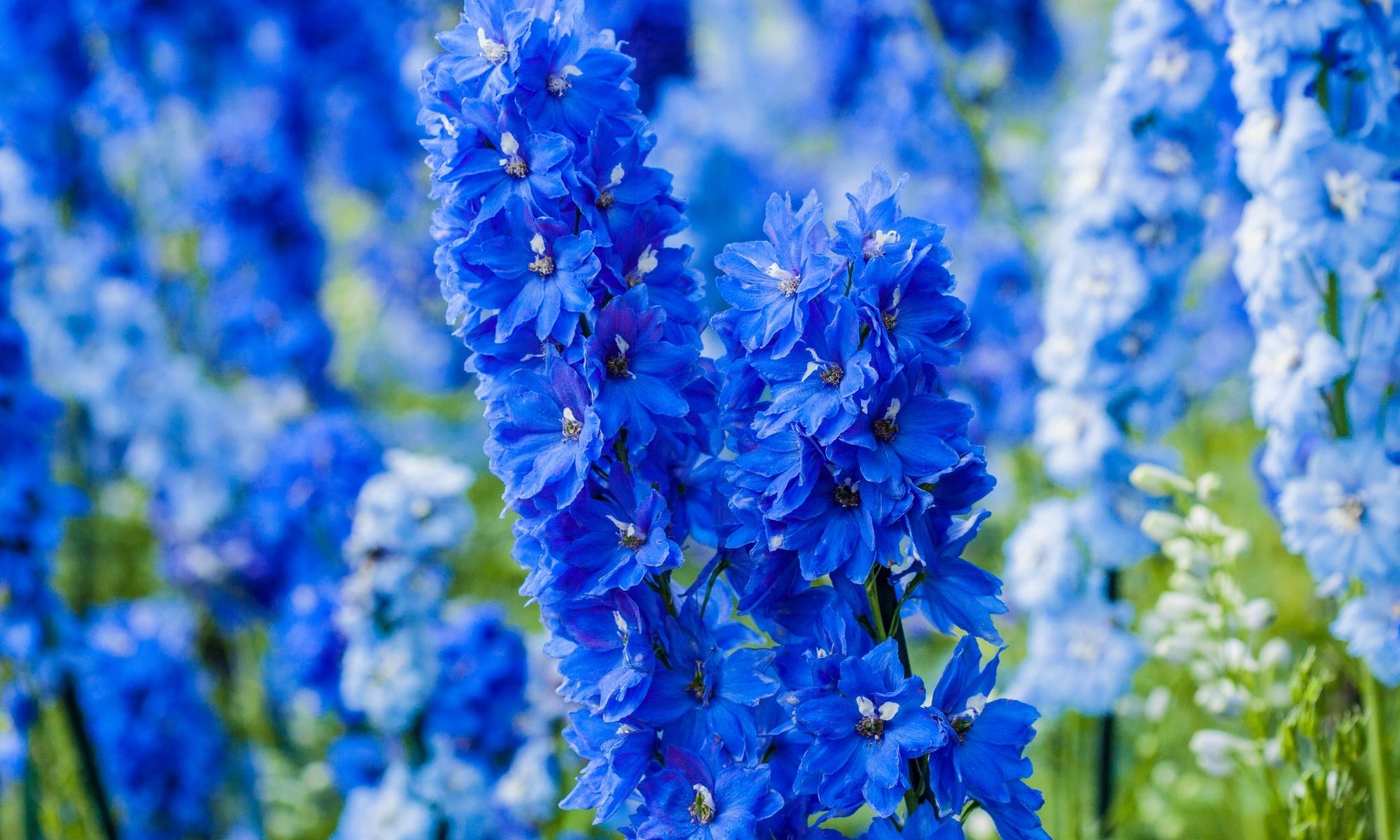Summer planting
Spring might be over, but you can continue planting in your garden into the summer. We want to inspire you to grow your gardens to admire and enjoy year-round. The trick to planting in the summer is to ensure you are available to consistently water new and existing plants early in the day. If not you, implement alternative watering solutions such as self-watering mechanisms, timed sprinklers, or a kind neighbor. Always try to water the soil the day prior to working the soil and plant. In extreme temperatures, additional watering may be needed in late afternoon.
No matter what you are planting or maintaining in your lawn, garden, or containers, gardening requires summer care as well. Below are tips to keep your plants in amazing shape this summer.

How does your garden grow?
- To ensure sure vining plants and climbers are well supported, tie in the plants and train new growth.
- Consistently water in early morning to reduce evaporation and prevent mildew and use mulch to retain moisture around plants; the same goes for container plants as well. Use mulch to retain moisture around plants.
- Regularly deadhead bedding and perennial plants to encourage new blooms for as long as possible. This practice also prevents the plants from self-seeding.
- Cutting back growth in hanging baskets can encourage new flowers and foliage reviving the display. Feed your baskets well after doing this with a water-soluble fertilizer when you water.
- Cut back hardy geraniums and delphiniums after the first flush of flowers to encourage new growth and further blooms.
- Divide clusters of irises (after flowering) so they have time to form roots and flower buds for next year before the cold weather arrives.
- Take cuttings from your favorite tender plants for overwintering indoors.
- Keep an eye out for pests on plants, early treatment is best. Prune disease-affected leaves and/or spraying with a fungicide.
- Look out for wilt on leaves and stems. Remove all affected material and dispose of it in your household waste.
- July is a good time to spray ground elder, bindweed and other persistent weeds with a weed killer as the plants now have lots of leaf surface area with which to absorb it.

- Pepper plants benefit from re-potting into increasingly larger pots.
- Pick eggplants while they are young and begin harvesting mid-late summer. Pinch the growing tip once they have 5-6 fruits.
- Nip off the growing tips of squash and zucchini plants to encourage branching.
- Pinch out tomato side shoots each week.
- Boost your tomato crop by regularly feeding plants with tomato fertilizer once a week.
- Feed crops with a general-purpose fertilizer.
- Pick, dry, and freeze herbs for use later in the year.
- Water your fruit and vegetable crops daily in warm weather ensuring they are consistently moist. Tomatoes can tolerate and benefit from holding off on watering into late July.
- Use slug and insect deterrents to prevent insect and pest damage.
- Clear away any diseased and spent foliage on and around your edibles to keep them healthy.
- Clear weeds regularly to eliminate competition with your edibles for nutrients and water.

- Protect any developing fruits from birds and squirrels by placing mesh or barriers around your plants.
- If you have plants bearing fruit in containers, make sure you give them a water-soluble fertilizer to keep them healthy and productive.
- Feed lemons and other citrus fruit trees throughout summer with a special citrus fertilizer.
- Peg down runners on your strawberry plants to create more plants for next year. If you don't need more plants, simply remove the strawberry runners completely.
- Prune your stone fruit trees like plum, apricot, peach, and cherry now as it reduces the risk of silver leaf disease.
- Prune the fruited stems of blackberry, blueberry, and raspberry bushes after harvesting.

Lawns
- This is your last chance to feed your lawn with a special lawn fertilizer to encourage healthy green growth.
- Deeply water lawns in the morning once or twice a week for established lawns and daily or as needed for newly-seeded ones.
- Set your mower blades higher to reduce stress on the grass.
- Apply specific lawn weed killer to discourage rapid weed growth.
- Re-cut any lawn edges if needed.
Summer is the season to grow and enjoy your garden and outdoor spaces. Keep those plants and edibles producing, even during warmer days. Regular maintenance and the use of the right products will continue the bounty of beauty throughout the season. Get out there and garden!

Please define “peg down” strawberry runners. Thank you.
Please give me a name product that has the water-soluble fertilizer for containers.
thank you.
What is the blue flower on the beginning of the letter?
Thanks
Leave a comment